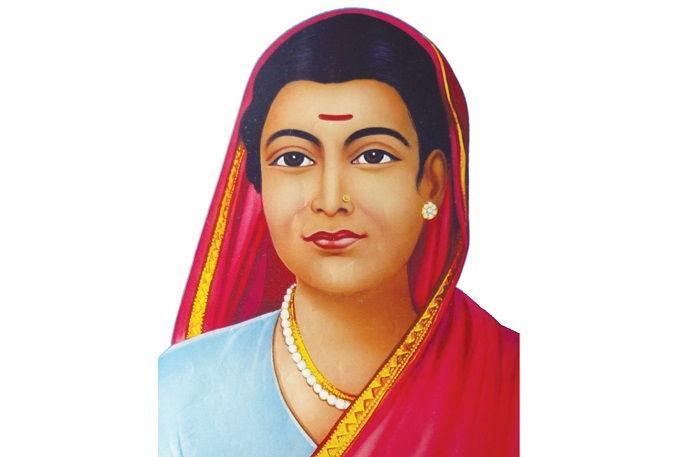1831 - 1897
Date Added:

Savitribai Phule was an Indian social reformer, educationalist, and poet from Maharashtra. At the age of 10, Savitribai was married to 13-year-old Jyotirao Phule. At this time, Savitribai was not educated because Brahmins, a class in Hinduism specializing as priests, teachers, and protectors of learning, forbade it for people of her low caste and gender. Jyotirao was also uneducated due to his caste but was eventually able to enroll in a Scottish missionary school where he studied to seventh grade. Jyotirao then educated Savitribai at their home and continued learning with his friends. She also enrolled in two teacher’s training programs, becoming what is thought to be the first Indian woman teacher and headmistress. She started teaching girls alongside Sagunabai, a revolutionary feminist and mentor to Jyotirao. Later, Sagunabai, Jyotirao, and Savitribai opened their own school at Bhide Wada. Their curriculum was made up of mathematics, science, and social studies. By the end of 1851, they were running three different schools for girls in Pune, the schools having about 150 students enrolled. The teaching methods they used differed from teaching offered in government schools. The Phule methods were considered superior, with the girls receiving education at the Phule’s schools outnumbering the number of boys in government schools. Despite their success, they faced strong criticism and opposition from their community, with Savitribai facing stones, dung, and verbal abuse when travelling to school. Savitribai and a friend Fatima opened another school in 1849, where Fatima became the first Muslim woman teacher of India. Together with her husband, she taught children from different castes and opened a total of 18 schools, as well as opening a care centre called Balhatya Pratibandhak Griha for pregnant rape victims and helped deliver and save their children. On the side of teaching, Savitribai was an author and poet, her works encouraging those who are oppressed to free themselves by obtaining an education. She also raised awareness for issues concerning women’s rights, calling for a gathering place for women that was free of caste discrimination or differentiation. She was a strong advocate against child marriage and started a home for widows and forlorn children. Throughout her life, Savitribai has dedicated her time and effort to help others, continuing her efforts until her death. Savitribai and her adopted son opened a clinic to treat people affected by the Third Pandemic of the bubonic plague in 1897. While trying to save someone’s son, she rushed to his side and carried him on her back to the hospital. In the process, she caught the Plague and died.
Share your thoughts on this story with us. Your comments will not be made public.
Email
Copyright ©2016 - Design By Bureau Blank